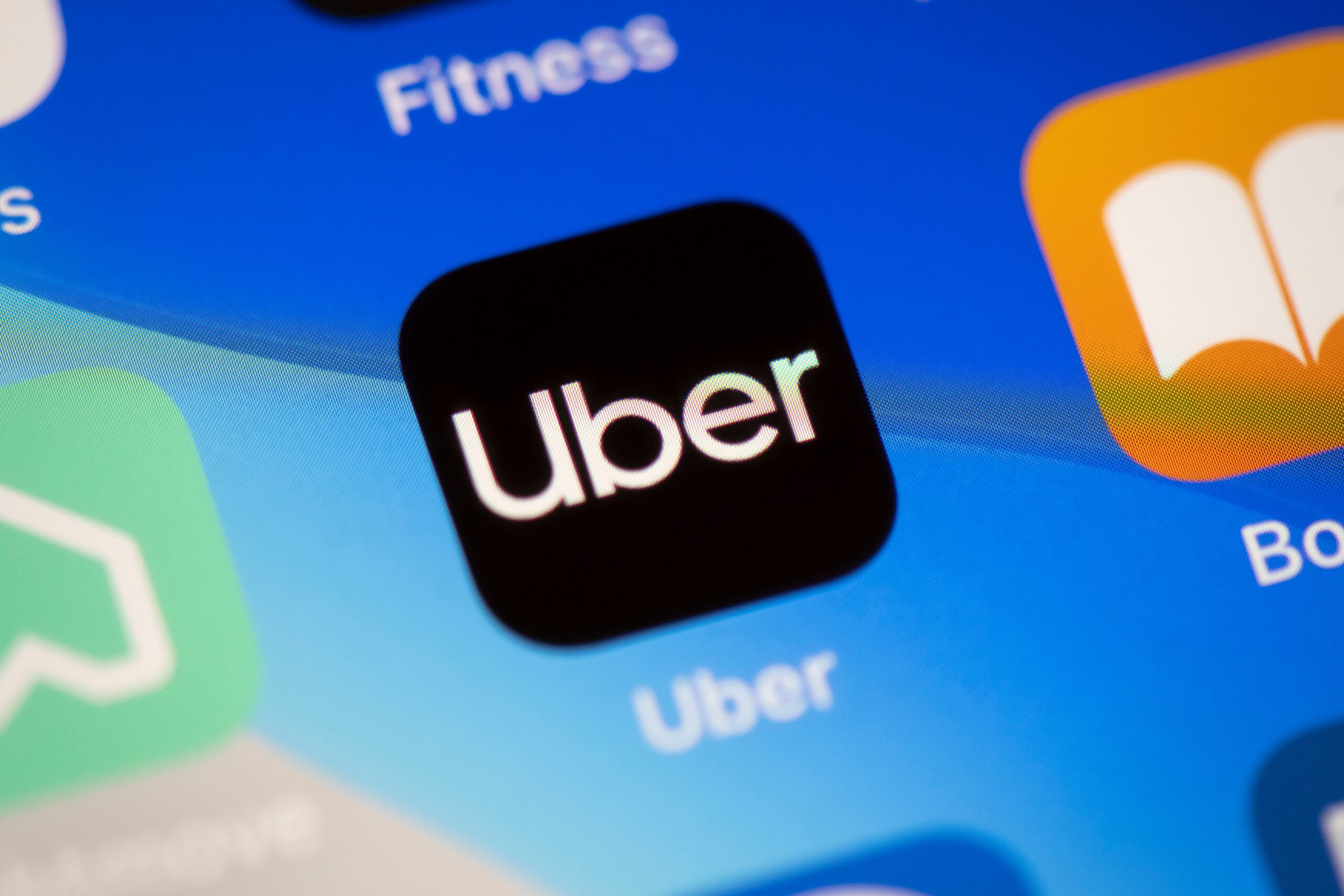A California jury ruled that Uber is not liable for the sexual assault of a woman who said she was attacked by her driver during a ride she booked through the app.
Following a three-week civil trial in San Francisco Superior Court, the jury concluded on Tuesday that while Uber was negligent in the safety measures it implemented to protect the woman, Jessica C., that negligence was not a substantial factor in causing her harm, said her lawyer, Celine Cutter, told Reuters.
This was the first trial among more than 500 similar lawsuits in California state court, with another 2,500 pending federally. Jessica’s case was selected as the first “bellwether” trial to help gauge the value of similar lawsuits and guide future cases or settlements.
In 2021, Jessica sued Uber, claiming that during a 2016 ride, her driver pulled onto a side road and restrained, groped, and kissed her.
“Uber has worked for years to raise the bar on safety, and will continue to do so in the years ahead,” an Uber spokesperson told Reuters in a statement.

The Independent has also contacted Uber for comment.
Jessica’s attorneys sought between $175,000 and $1.2 million in compensatory damages for each year of her life, with higher amounts for the years nearest the assault, but did not propose any figure for punitive damages.
Hundreds of similar lawsuits claim Uber knew about assaults by drivers but hid data and failed to implement safety measures, like matching female riders with female drivers or requiring ride recordings.
The company introduced its “Women Rider Preference” feature in the United States this August.
Uber contends that it is not responsible for the criminal actions of its drivers and maintains that its background checks and assault disclosures were adequate.
The cases revive scrutiny of Uber’s early safety controversies, though the company now emphasizes safety through reports, ride verification, recording features, driver training reforms, a Safety Advisory Board, and a $10 million “Driving Change” initiative.
Uber’s latest U.S. Safety Report, covering the 2021 to 2022 period, indicates a 44 percent decrease in reports of serious sexual assault on its platform since its first report in 2017 to 2018.
However, the report also documented 2,717 people’s reports of sexual assault during trips. Critics argue that despite improvements, systemic risks persist, as exemplified by the number of reported incidents and ongoing litigation.

Following an August New York Times report, a U.S. House subcommittee last week sent a letter to Uber CEO Dara Khosrowshahi requesting details on the company’s procedures for addressing and preventing sexual assaults on its rides, Reuters reports.
Uber’s “Women Rider Preference” feature was initially piloted in Los Angeles, San Francisco, and Detroit, with plans to expand to additional cities based on user feedback and demand.
This feature allows female riders to request a female driver either immediately or by reserving a ride in advance. Female drivers can also opt to receive trip requests exclusively from female riders.
While these preferences increase the likelihood of being matched with a same-gender driver or rider, matches are not guaranteed due to the predominance of male drivers.
